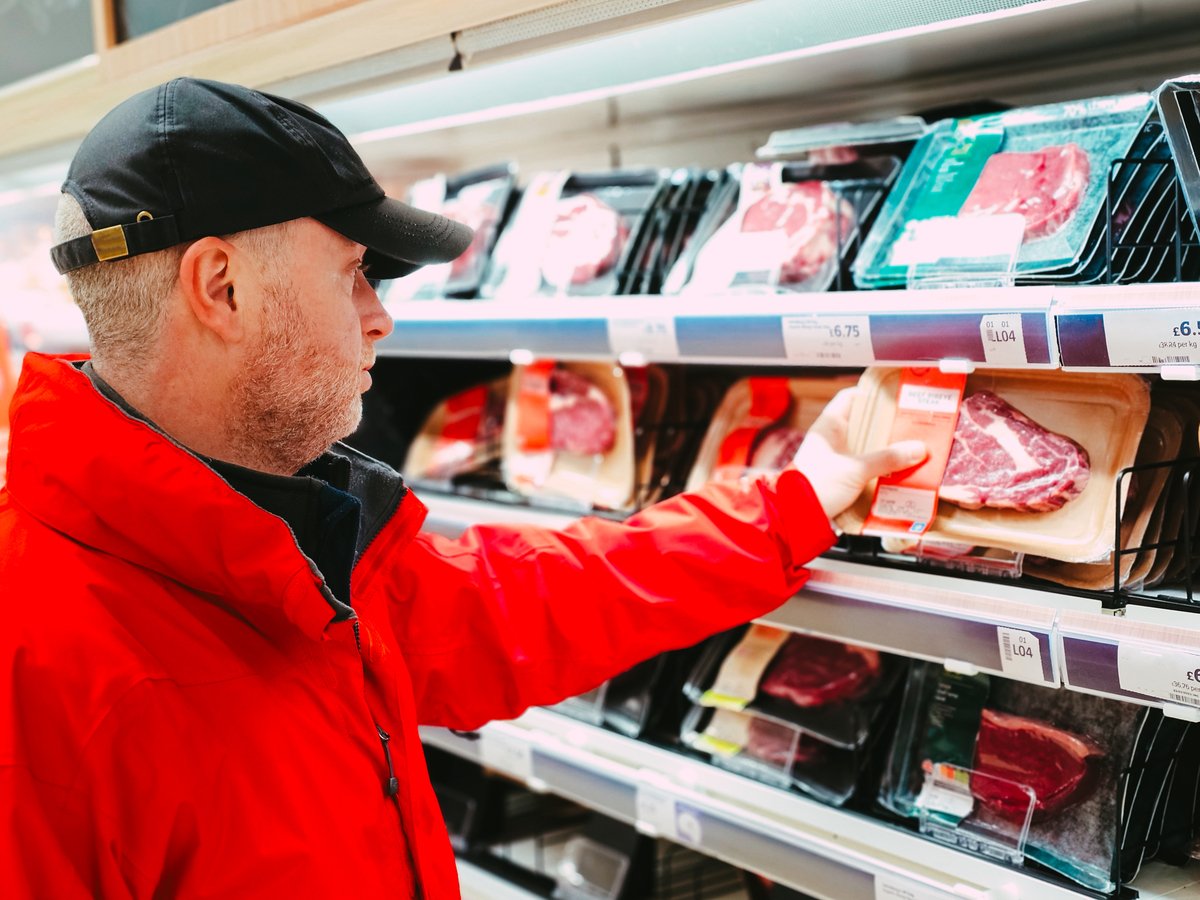Though Beyond Meat (BYND 5.25%) reported a whopping 212% surge in fourth-quarter net revenue, shares of the maker of plant-based meat alternatives sank nearly 16% following the earnings report.. What's not to like about that kind of sales growth?
Well, the revenue gain is good news, but three other points in the report may be causing some indigestion, at least at a first glance: The company swung back to a loss this quarter after posting its first profit in the previous quarter, gross margin slipped from the previous quarter's level, and Beyond Meat's adjusted EBITDA forecast for 2020 is in line with last year's level.

Image source: Getty Images.
Here's a closer look. Beyond Meat reported a loss of $0.01 a share, better than the loss of $1.10 in the year-earlier period. But after the third-quarter profit of $0.06 per share, investors hoped the trend would continue. Capacity expansion projects at two co-manufacturing partners' facilities led to temporary disruptions for Beyond Meat, and that weighed on gross margin, bringing it down to 34% from the third quarter's 35.6%. And finally, Beyond Meat announced adjusted EBITDA as a percentage of net revenue for full-year 2020 would be about the same as the previous year thanks to more spending on marketing, product development, and international operations.
Fresh products drive gains
Those negatives don't sound particularly bad. They indicate investment in growth of the business, which seems more like a positive. The quarterly revenue figure -- $98.5 million -- as well as gross profit of $33.5 million compared with $7.9 million in the year-earlier period complete the picture. The company's fresh products, such as the Beyond Burger, drove gains, with a 238% increase in revenue.
Beyond Meat has been turning the focus to fresh products, which are priced higher per pound than frozen. Fresh products made up 97% of revenue in the fourth quarter, not counting discounts. New partnerships and international demand boosted volume sold. Dunkin' in October announced the launch of the Beyond Sausage sandwich at locations nationwide, and the company's products are available in more than 50 countries, giving it a healthy international presence.
Beyond Meat's fourth-quarter revenue report demonstrated that although the company is facing more and more competition, it's managing to hold onto its spot as a market leader. Marketwatch quoted a UBS research report on Beyond Meat in November, saying the company could reach $1.8 billion in sales by 2025 to seize a 13% share of the U.S. plant-based meat market. And the market is a big one. According to a UBS report, the plant-based meat market, with a compounded annual growth rate of 28%, is expected to reach $85 billion by 2030.
Margin risk
All of this sounds positive, but I'm still not bullish on the stock.
Mainly, I'm concerned about pressure on prices and, therefore, a risk to margins.
With so many rivals, it may be difficult for Beyond Meat to charge as much as it would like for its products well into the future. For instance, a package of the company's plant-based ground beef goes for $8.99, while Pure Farmland's competing product sells for $5.99. Smithfield Foods, owned by China's WH Group, sells the Pure Farmland brand. Other rivals include former Beyond Meat investor Tyson Foods, which has launched its own plant-based meat product line, as well as food industry heavyweights Perdue Foods, Nestle, and Kellogg.
And let's not forget private company Impossible Foods, which is serving up its meat-alternative sausage patty in the Croissan'wich at select Burger King restaurants. Earlier this year, Impossible Foods told CNBC in an interview that it's charging ahead with the development of more alternative meat products and will nearly double its research and development team this year.
Though the market may be big enough for everyone, the number of players is likely to weigh on pricing power. And that isn't good news for margins. The fact that Beyond Meat's spending on product development is growing doesn't help matters. Research and development expenses jumped 80% in the fourth quarter year over year.
What does this mean for investors?
Beyond Meat offers positive elements: The company has delivered impressive sales gains, scored solid partnerships, and so far maintained market leadership. But the risk of pricing looms ahead, making it difficult to place a long-term bet on the shares.








